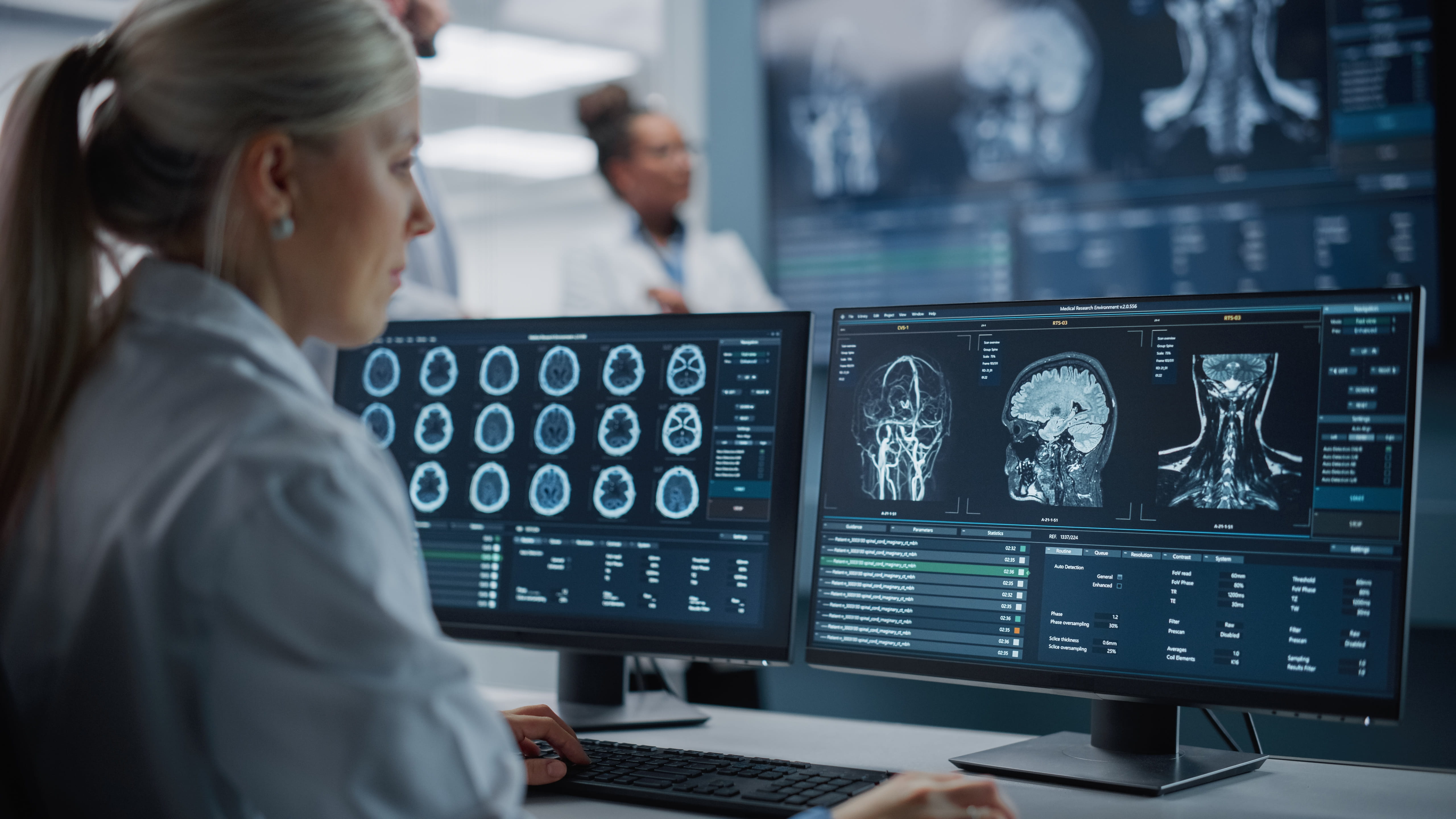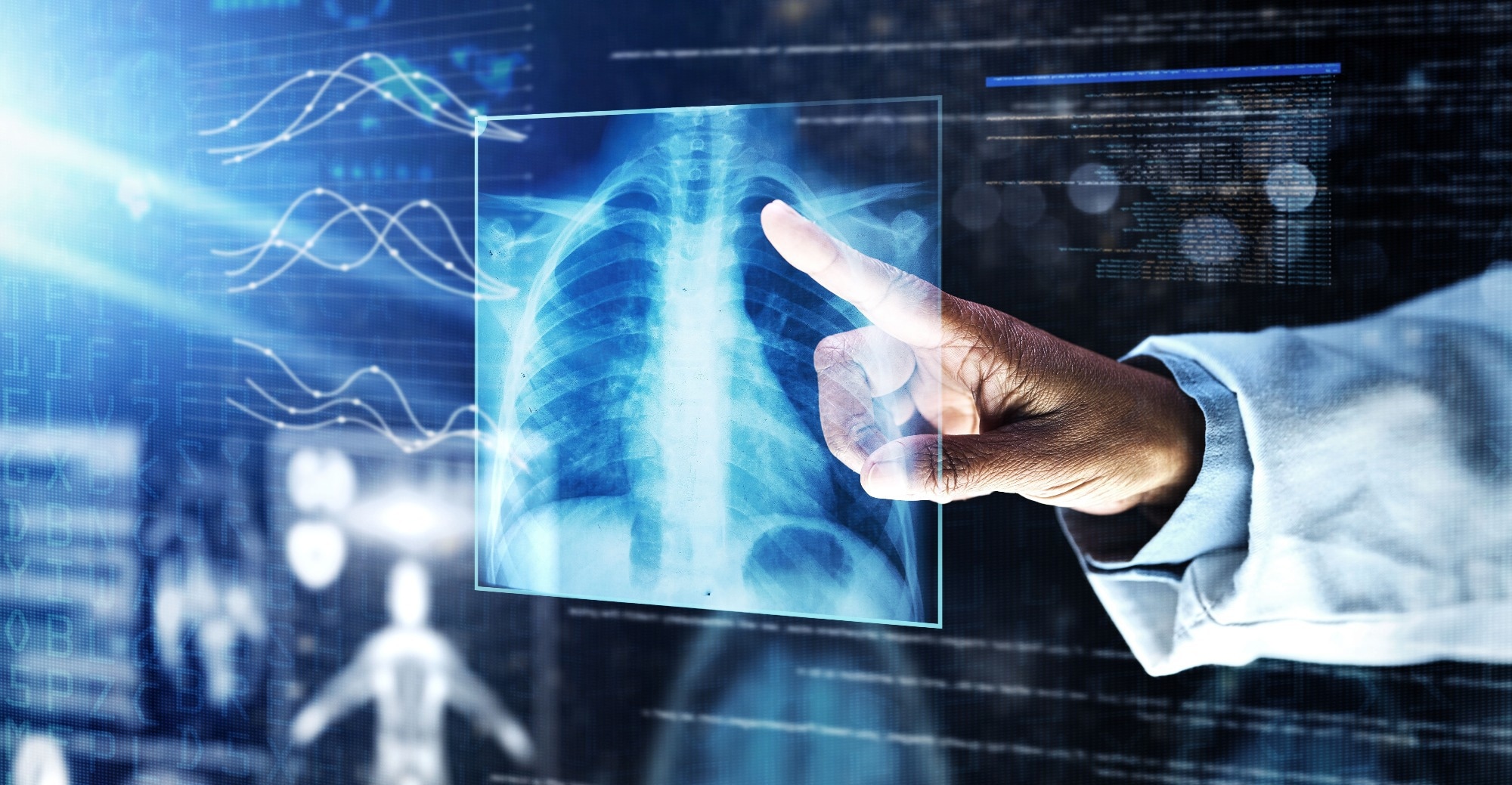
AI’s Enhanced Image Analysis Capabilities
Artificial intelligence is rapidly transforming medical imaging analysis. AI algorithms can analyze medical images like X-rays, CT scans, and MRIs with remarkable speed and accuracy, often exceeding the capabilities of human radiologists. These algorithms are trained on massive datasets of medical images, learning to identify subtle patterns and anomalies that might be missed by the human eye. This leads to faster diagnosis and more accurate identification of diseases like cancer, cardiovascular issues, and neurological disorders. The speed improvement alone allows for quicker treatment decisions, which can significantly impact patient outcomes, especially in time-sensitive situations.
AI-Powered Diagnostic Tools for Early Disease Detection
Early detection is crucial for successful treatment of many diseases. AI is proving invaluable in this area. By analyzing patient data – including medical history, genetic information, and lifestyle factors – AI algorithms can predict the likelihood of developing certain conditions. This predictive capability allows healthcare providers to focus on preventative measures and implement early interventions, significantly improving patient prognoses. For example, AI can identify individuals at high risk of developing diabetes or heart disease, enabling proactive lifestyle changes and medical interventions to prevent or delay the onset of these conditions.

Improving Diagnostic Accuracy through Pattern Recognition
AI’s ability to identify complex patterns in data is another significant advantage in medical diagnostics. Human doctors, while highly skilled, can be prone to errors or biases. AI algorithms, on the other hand, analyze data objectively, minimizing the risk of human error. They can identify subtle patterns indicative of disease that might be missed by a human radiologist or physician, leading to more accurate diagnoses. This is particularly crucial in cases involving complex or ambiguous medical images, where a second opinion from an AI system can significantly improve diagnostic certainty.
Personalized Medicine and Treatment Plans with AI
AI is paving the way for personalized medicine, tailoring treatments to individual patients based on their unique genetic makeup, lifestyle, and medical history. AI algorithms can analyze this vast amount of data to predict how a patient will respond to different treatments, helping doctors choose the most effective and personalized approach. This approach minimizes trial-and-error methods, reduces the risk of adverse reactions, and ultimately improves treatment outcomes. The ability to personalize care through AI promises a more effective and efficient healthcare system.
Streamlining the Diagnostic Process and Reducing Costs
Beyond improving diagnostic accuracy, AI also streamlines the diagnostic process, freeing up healthcare professionals to focus on other critical tasks. Automated analysis of medical images, for instance, significantly reduces the workload on radiologists, allowing them to concentrate on complex cases requiring their expertise. This efficiency boost can translate to cost savings for healthcare systems. AI can help prioritize patients based on urgency, optimize resource allocation, and ultimately reduce overall healthcare costs by improving efficiency and preventing unnecessary procedures.
Addressing Challenges and Ethical Considerations in AI Diagnostics
While the potential benefits of AI in healthcare diagnostics are substantial, it’s crucial to acknowledge the challenges and ethical considerations. One major concern is the need for large, high-quality datasets to train AI algorithms. Bias in these datasets can lead to biased algorithms, potentially exacerbating existing health disparities. Data privacy and security are also paramount, requiring robust systems to protect sensitive patient information. Furthermore, the integration of AI into existing healthcare workflows requires careful planning and training to ensure smooth adoption and prevent unintended consequences. The responsible development and deployment of AI in healthcare diagnostics require careful consideration of these challenges.
The Future of AI in Healthcare Diagnostics: Collaboration and Innovation
The future of AI in healthcare diagnostics is bright, but it will require a collaborative effort between AI developers, healthcare professionals, and policymakers. Continued research and development are crucial to overcome the existing challenges and unlock the full potential of AI. This includes developing more robust and explainable AI algorithms, ensuring data privacy and security, and addressing ethical concerns. By fostering a collaborative and innovative environment, we can harness the power of AI to revolutionize healthcare diagnostics and improve patient outcomes globally. Please click here to learn more about AI in diagnostic healthcare.
